Table of Contents
- Understanding the Benefits of Solar Panel Pool Heating
- Key Factors to Consider Before Installation
- Choosing the Right Solar Panel System for Your Pool
- Maintenance Tips for Optimal Performance
- Cost Analysis and Long-Term Savings of Solar Pool Heating
- Q&A
- In Conclusion
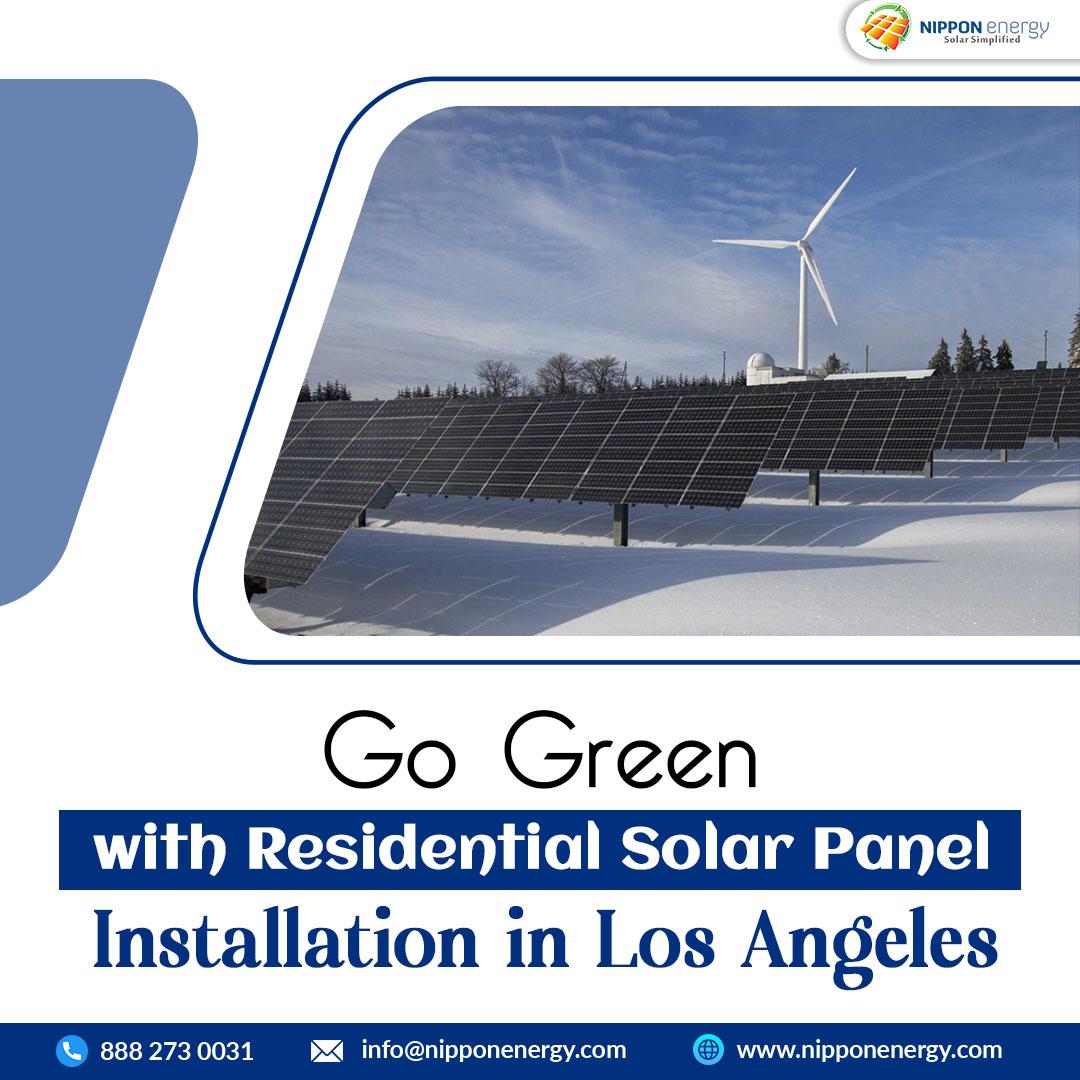

Understanding the Benefits of Solar Panel Pool Heating
Investing in solar panel pool heating comes with a plethora of advantages that extend beyond just making your pool more enjoyable. One of the most significant benefits is the environmental impact. By utilizing renewable solar energy, you are reducing your carbon footprint and reliance on fossil fuels. This eco-friendly approach not only conserves energy but also contributes to a cleaner atmosphere, aligning with global efforts to combat climate change.
Another compelling reason to consider solar heating for your pool is the potential for cost savings. While the initial installation cost may seem daunting, solar panel systems often pay for themselves over time through significantly reduced energy bills. On average, homeowners can expect a reduction in heating costs of 50% to 100%, depending on the system’s efficiency and geographic location. Additionally, many government incentives and funding options exist, making it a more affordable choice for many households.
Moreover, solar pool heating systems are known for their durability and low maintenance requirements. Once installed, these systems can last up to 20 years or more with minimal upkeep. This longevity means that you can spend more time enjoying your pool rather than worrying about maintenance issues. Here are some key features of solar panel systems that highlight their reliability:
- Durable materials: Often built from high-quality, weather-resistant components.
- Simple installation: Typically easy to install, reducing labor costs.
- Mechanically efficient: Operates without moving parts, minimizing the chances of breakdowns.
| Benefit | Description |
|---|---|
| Energy Efficiency | Uses free solar energy to heat your pool, reducing reliance on conventional heating methods. |
| Financial Savings | Potential for up to 100% savings on pool heating costs over time. |
| Environmentally Friendly | Decreases your household’s carbon footprint significantly. |
| Low Maintenance | Requires minimal upkeep and has a long lifespan. |


Key Factors to Consider Before Installation
When considering the installation of solar panels for pool heating, it’s essential to evaluate several important factors to ensure optimal performance and efficiency. Location plays a crucial role, as solar panels require ample sunlight exposure to generate heat effectively. Assess the amount of sunlight your roof or the installation site receives throughout the year, especially during the peak swimming season. If shading from trees or buildings is a concern, it might be necessary to relocate or adjust the positioning of the panels.
Another significant aspect is the type of solar system you plan to install. There are generally two types: active and passive solar heating systems. Active systems utilize pumps and sensors for efficiency, while passive systems rely on natural circulation and design. Additionally, consider the size of your solar panel array. The area needed will depend on your pool size, the temperature you wish to maintain, and the geographic location. It’s advisable to consult with a professional installer to determine the ideal system size and type that meets your specific requirements.
Furthermore, the installation cost and potential return on investment are critical to your decision-making. Analyzing the initial expenditure against the long-term savings on energy bills can be beneficial. In general, look into state and federal incentives for renewable energy systems, as these can significantly offset costs. Evaluate the maintenance requirements as well, as some solar heating systems may require regular checks for water and chemical levels to ensure longevity. To aid in comparing systems, consider creating a table summarizing options, costs, and expected performance.
| System Type | Estimated Cost | Maintenance Needs | Heat Output |
|---|---|---|---|
| Active Solar Heating | $$$ | Moderate | High |
| Passive Solar Heating | $$ | Low | Moderate |
| Hybrid Systems | $$$$ | Moderate | Highest |
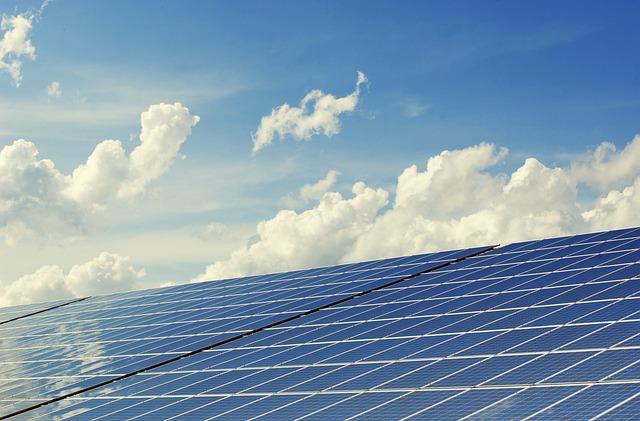

Choosing the Right Solar Panel System for Your Pool
When selecting a solar panel system for your pool, consider several factors to ensure optimal performance and efficiency. First and foremost, assess the size of your pool and its location. A larger pool or one situated in a less sunny area will require more panels or higher efficiency models to achieve the desired heating effect. Additionally, exploring the climate conditions in your area—such as average sunlight hours—can guide you in determining how many panels you might need to maintain a comfortable water temperature.
Another crucial aspect to think about is the type of solar panels available. There are primarily two types: flat-plate collectors and evacuated tube collectors. Flat-plate panels are popular due to their lower cost and adequate performance for most residential pools. In contrast, evacuated tube collectors, while pricier, offer superior efficiency, particularly in cooler climates. Weigh the pros and cons of each type and think about your budget and heating goals before making a decision.
Lastly, evaluate your installation options and ongoing maintenance needs. Many solar panel systems come with straightforward DIY installation kits that can save you money, but you might consider hiring a professional for more complex setups. Don’t forget to check if the system requires any regular maintenance to ensure longevity and efficiency. Keeping an eye on the following points can make a significant difference in your pool heating experience:
- Panel Orientation: Ensuring panels face south maximizes sun exposure.
- Pool Cover: Using a solar cover when the pool is not in use can enhance heating efficiency.
- Timers and Sensors: Automating your system can save energy and extend your swimming season.
Ultimately, taking the time to research and explore various options will contribute greatly to your solar panel system’s effectiveness and satisfaction. By aligning your specific needs with the right technology and practices, you can enjoy a beautifully heated pool all season long.
Maintenance Tips for Optimal Performance
To keep your solar panels functioning at their best, regular inspection is essential. Look for any signs of damage or wear, such as cracks in the solar cells or loose connections. Additionally, cleanliness is key; dirt, leaves, and debris can obstruct sunlight and reduce efficiency. It’s advisable to clean the panels gently with a hose and soft brush or hire a professional service for thorough maintenance. Ensure all surrounding trees are trimmed back to minimize shade during peak sunlight hours.
Another important aspect of maintaining your solar heating system is checking the fluid levels and ensuring that the pump is operating smoothly. Over time, solar fluid can degrade, leading to lower heat transfer efficiency. Regularly inspect fluid levels in the pool’s heating system and replace it as necessary to guarantee optimal heat circulation. Furthermore, periodic testing of the system’s pressure is crucial; any fluctuations may indicate leaks or blockages that require immediate attention.
Lastly, investing in a monitoring system can greatly enhance the performance of your solar heating setup. These systems allow you to track energy production and consumption in real-time, alerting you to any discrepancies in performance. For optimal functioning, consider setting up a reminder schedule for regular maintenance checks, which may include:
- Monthly visual inspections of the panels and piping.
- Biannual cleaning to ensure maximum sunlight absorption.
- Annual professional assessments to check for system efficiency.
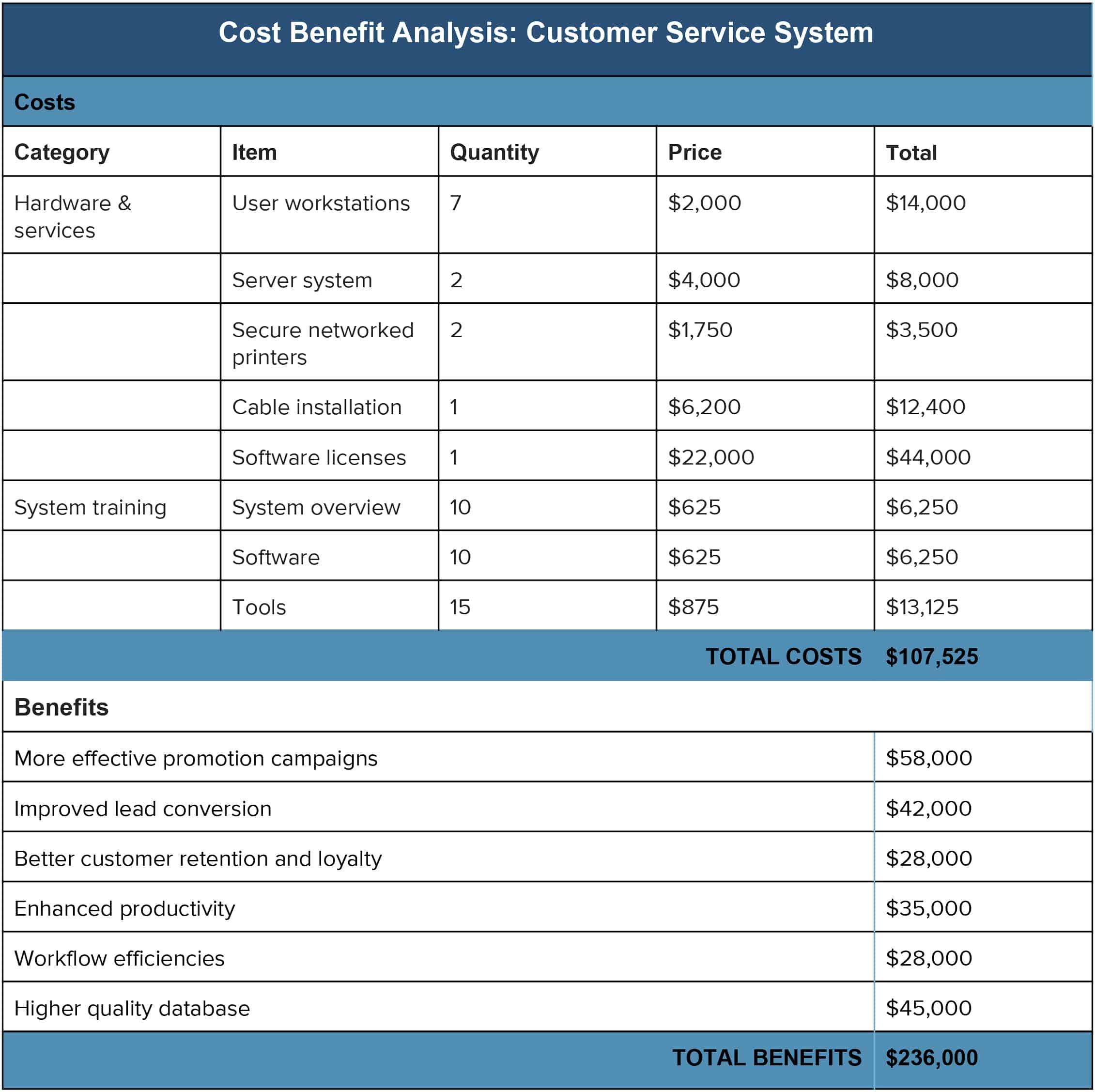

Cost Analysis and Long-Term Savings of Solar Pool Heating
When considering a solar pool heating system, it’s essential to evaluate both the initial investment and the potential long-term savings. The upfront cost typically includes the purchase and installation of the solar panels, which can range from $3,000 to $7,000 for an average-sized pool. Additional costs may involve maintenance and repairs, although these systems are designed to last 20 years or more with minimal upkeep. By investing in a solar pool heater, homeowners can significantly cut down on energy bills compared to traditional heating methods.
Over time, the financial benefits become increasingly apparent. By harnessing the sun’s energy, you can enjoy free heating for your pool once the initial investment is recouped. To highlight the potential savings, consider the following points:
- Reduced energy bills: Traditional heating methods can be expensive, especially with rising energy costs.
- Increased pool usage: A comfortably heated pool encourages more use throughout the year.
- Minimal maintenance costs: With simple maintenance practices, solar panels can provide reliable heating.
Conducting a cost-benefit analysis can further illuminate the advantages of solar pool heating. Here’s a simple breakdown of potential savings over the lifespan of the system compared to traditional gas or electric heating:
| Heating Method | Initial Cost | Annual Energy Cost | Lifetime Savings (20 years) |
|---|---|---|---|
| Solar Pool Heating | $3,000 – $7,000 | $200 – $300 | Up to $20,000 |
| Gas Heating | $1,500 – $3,000 | $1,200 – $2,000 | (-$20,000) |
| Electric Heating | $2,000 – $4,000 | $900 - $1,500 | (-$15,000) |
the analysis shows that while solar heating may have a higher upfront cost compared to gas or electric systems, the long-term savings are substantial. By carefully considering these factors, pool owners can make informed decisions that not only enhance their enjoyment of the pool but also prove to be a wise financial investment in the long run.
Q&A
Q&A: Solar Panels to Heat Your Pool
Q1: How do solar panels work to heat a pool?A1: Solar panels designed for pool heating harness sunlight and convert it into thermal energy. When sunlight hits the solar collectors, typically flat panels or evacuated tubes, the panels absorb heat and transfer it to the water. The pool water is circulated through the panels using a pump, allowing it to absorb the heat before returning to the pool. This method relies on solar radiation, making it a sustainable way to maintain your pool’s temperature.Q2: What are the benefits of using solar panels for pool heating?A2: The primary benefit of using solar panels for pool heating is cost-effectiveness. Once installed, solar energy is free, significantly reducing heating costs compared to traditional gas or electric heaters. Additionally, solar panels have a minimal environmental impact, as they rely on renewable energy sources, reducing your carbon footprint. They also extend your swimming season, allowing you to enjoy a comfortable temperature throughout the year.
Q3: Are there any downsides to using solar panels for pool heating?A3: While there are many advantages, there are a few downsides to consider. The efficiency of solar panels is dependent on sunlight availability, meaning that they may not be as effective on cloudy or rainy days or in regions with limited sunshine. Additionally, the upfront installation cost can be significant, though many homeowners find that the long-term savings on energy bills outweigh this initial investment. Lastly, during the winter months, some systems may require supplementary heating to maintain comfortable temperatures.
Q4: How do I know if my pool is suitable for solar heating?A4: To determine if your pool is suitable for solar heating, consider a few factors: the size of your pool, local climate, and the amount of direct sunlight your property receives. Generally, smaller pools in sunny areas are ideal candidates. Moreover, the orientation of your roof or installation site is critical; a south-facing area that receives full sun throughout the day will yield the best results. Consultation with a solar heating professional can also help in assessing your specific situation.
Q5: What maintenance is required for solar panels used in pool heating?A5: One of the perks of solar panel systems is their low maintenance requirements. Regular checks to ensure that the panels are clean and free from debris can enhance efficiency. Periodically inspecting the piping and connections for leaks or wear and tear is also advisable. Most systems require minimal upkeep beyond this, but it’s good to schedule professional inspections every few years to ensure everything is functioning optimally.
Q6: Can I install solar panels for my pool heating myself?A6: While some homeowners opt for DIY installation of solar panels, it’s generally recommended to hire a professional installer. This not only guarantees that the panels are properly positioned for maximum sunlight exposure but also reduces the risk of potential issues down the line. Professional installation ensures compliance with local regulations and can provide warranties on equipment and labor, giving you peace of mind that your investment is secure.
Q7: Are there any incentives for installing solar panels for pool heating?A7: Yes! Many regions offer incentives such as tax credits, rebates, or financing programs to encourage homeowners to invest in renewable energy solutions like solar heating systems. It’s worthwhile to check with local and state government websites or your electricity provider for available incentives. These can significantly reduce your initial costs and enhance the return on your investment in solar heating for your pool.
This Q&A aims to provide you with a comprehensive understanding of the implications and benefits of using solar panels for pool heating, allowing you to make an informed decision. Whether you’re moving towards sustainability or just looking to enjoy your pool longer, solar heating might be the perfect fit!

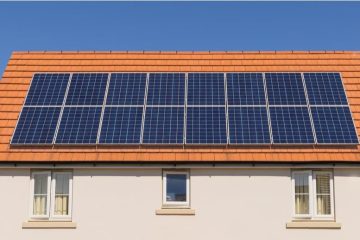
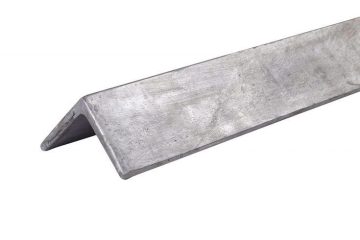
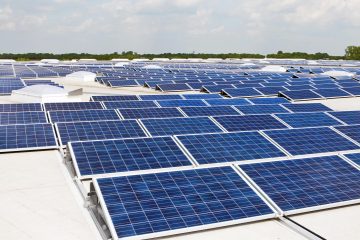
0 Comments